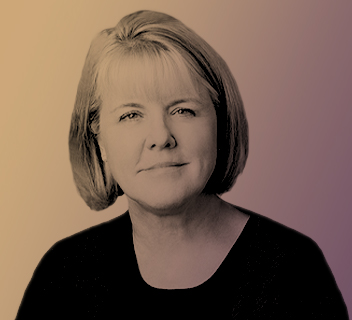Peter van Oppen is a member of Trilogy’s investing team. He served as Chairman and CEO of Advanced Digital Information Corporation (ADIC) and its predecessor companies from 1989 to 2006. Previously, he worked in the medical electronics industry and as a consultant at Price Waterhouse LLP and Bain & Company in New York, Boston, and London. A data storage company, ADIC grew from sales and valuation levels of below $10 million to annual revenue of nearly $500 million and a cash sale price of about $800 million in 2006. He was an initial investor in companies that became Voicestream and Western Wireless and served as a director of related entities at various times between 1992 and the sale of Western Wireless in 2005. In addition to ADIC and Western Wireless, he has served on numerous other public company boards, including board chair of Impinj (NASDAQ:PI) from 2013-2022, Level 3 Communications and Isilon Systems through its sale to EMC as well as many private entities.
Peter served as Chair of the Whitman College Board of Trustees and as Chair of its Investment Committee as well as Vice Chair of UW Medicine. He was formerly an Advisory Board member and director of the Seattle Branch of the Federal Reserve Bank of San Francisco. He is currently a director and Investment Committee Chair of Group Health Foundation. As a public company director, he has participated in panels related to effective Corporate Governance and was named a Director of the Year by NW Chapter of NACD. Peter holds a BA in Political Science from Whitman College and an MBA from Harvard Business School, where he was a Baker Scholar.
What do you look for in an entrepreneur?
People look at many different attributes in evaluating entrepreneurs and I think several of us at Trilogy have an atypical perspective. Some investors look at a business and they’ll think largely in terms of the total available market, or they’ll think in terms of the moat and how you defend it.
For me, the key issues are more about the energy, passion, and analytical skills demonstrated by the entrepreneur. It depends a little bit on the precise experience of the partner, which is healthy. But I tend personally to be biased toward the question of the talent and skills people bring, not knowing where an entrepreneurial business is going or what skills will be needed. What you really need is the vitality, commitment, vision and grit to pursue wherever the path leads.
What advice do you have for young entrepreneurs?
I think the critical elements are work with people who you trust and who are smart. It’s very difficult to predict the path that the business will go down. I once worked with someone who said “never run out of money and have smart people around you”. And I think that’s the most important advice I can give somebody.
If you are an entrepreneur, build a culture hospitable to those with whom you can work. Look for diverse talented people who can evolve as your needs change. You’ll think you know what you need but be aware that what you need next year may not be what you think you need today. Look for an available market or an opportunity that has some scale and an ability to grow. Then it just takes work, vision and agility.
"*" indicates required fields

Ganaz is the people platform for the North American agriculture and food processing industries. It provides onboarding, training, communication, analytics and soon financial services. Founder Hannah Freeman brings prior experience at Fair Trade to building a platform that serves both workers and employers in the agricultural space.




















